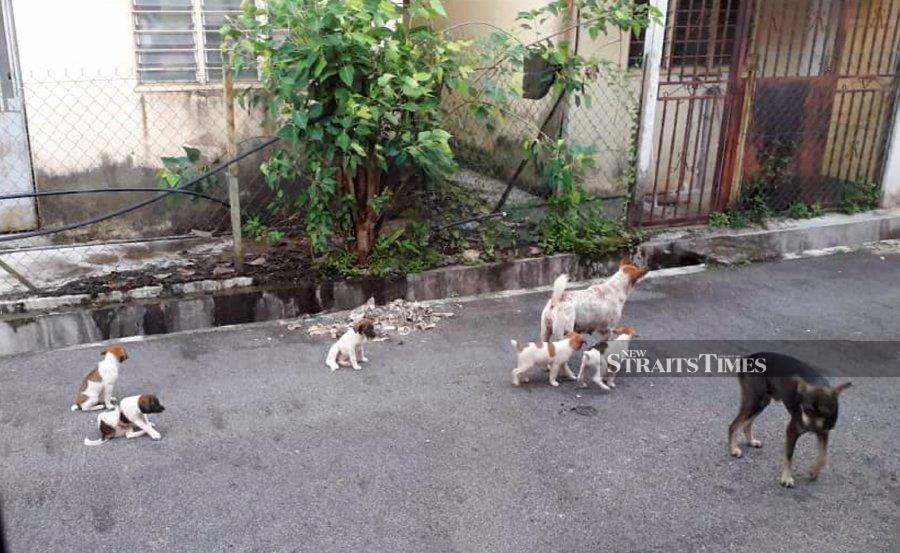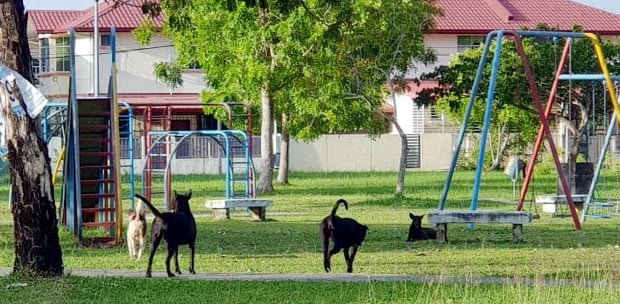LETTERS: The Shah Alam City Council's strategy to manage stray dogs includes practices that indicate the need for societal and administrative introspection and transformation.
Parti Rakyat Malaysia (PRM) and Persatuan Haiwan Terbiar Malaysia (SAFM) have thrust the issue into the national spotlight by presenting a memorandum to Bukit Aman.
There is deep concern about the council's adherence, or lack thereof, to the Housing and Local Government Ministry's procedures for the humane handling of strays.
Despite the rules, methods that may inflict undue distress on animals are entrenched in local authorities.
What the Shah Alam City Council is doing is symptomatic of a broader malaise. Commissioning non-professional volunteers for the capture of stray dogs increases the risk of malpractice and maltreatment of the animals.
The lack of transparency about the fate of captured animals is disconcerting, prompting questions about the sanctity of life and the ethics of animal care in our nation.
Moreover, the fact that people cannot claim captured stray dogs and the opacity in the subsequent handling calls for a critical reevaluation. It evokes a sense of despair and outrage among those who advocate for the rights of animals.
The noble goals of protecting public safety and health cannot justify inhumane actions against animals, who are as much a part of our ecosystem.
While states like Negri Sembilan take a more civilised approach to manage stray animals by collaborating with non-governmental organisations, Selangor bears the infamy of leading the country in cases of animal mistreatment.
The many complaints from NGOs against the egregious practices of Selangor local authorities caught on social media is the result of this callous attitude.
We can look at how Turkiye, one of Malaysia's closest friends, manages animals. To the Turks, taking care of animal welfare is not merely a policy but a declaration of societal values.
The government funds spaying and neutering programmes, demonstrating a sustainable, long-term approach to managing stray animal populations while upholding animal rights and public health.
The question is why, despite progressive policies being effective in managing stray animals, we persist with outdated methods that lack empathy and foresight.
This matter extends beyond the operational framework of animal control; it is a damning indictment of our moral compass. The tactics currently used reflect an indifference to suffering and a shortsightedness that undermines our aspiration to be a caring society.
A society that prides itself on progress and modernity cannot endorse practices that are not only inhumane but are also diametrically opposed to sustainable animal population management.
Our stance on this issue must be unequivocal. There must be robust legislation, comprehensive training in humane animal handling, transparent processes and a commitment to ethical practices.
We need to reform stray animal management in Malaysia by incorporating good practices from other countries into our own framework and recognise the value of all living beings and our responsibility towards them.
I implore our leaders, policymakers, and every sector of government to align their actions with the ethos of compassion and integrity that Malaysians hold dear.
TAN SRI LEE LAM THYE
Animal Welfare Advocate, Kuala Lumpur
The views expressed in this article are the author's own and do not necessarily reflect those of the New Straits Times





